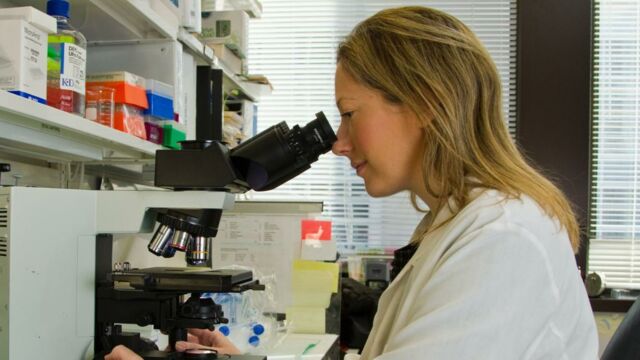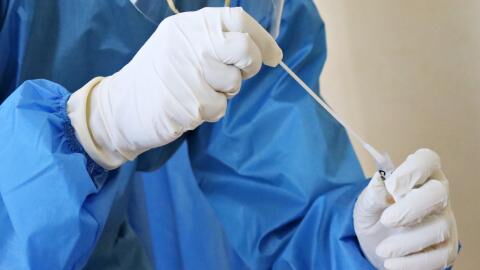With more than 300,000 women dying each year of cervical cancer, the success of the HPV vaccine means that the disease could one day be fully eliminated.
Discover our latest podcast
Saving thousands of lives
Being the fourth most common form of cancer in women, the success of the vaccine not only means that more lives will be saved but less testing will be needed as well. The World Health Organization (WHO) has made the vaccine available in more than 100 countries in their attempt at eradicating the disease which kills more women in underdeveloped countries than in richer ones.
Presently, in the UK, the vaccine is being offered to girls as young as 11 years old and has also been offered to boys since 2019. In order to get rid of the virus completely, more people need to get vaccinated before becoming sexually active as the jab only works to prevent the disease not to cure it. Michelle Mitchell, the chief executive at Cancer Research UK, said:
It's a historic moment to see the first study showing that the HPV vaccine has and will continue to protect thousands of women from developing cervical cancer.
The importance of screening
Prof Peter Sasieni, one of the researchers at King's College London involved in the study explains that while the success rate of the vaccine is promising, women should still be getting tested frequently:
It should be a wake-up call to policy-makers, women will read this and think 'why should I go for screening?' I would hope we'd come back with a new screening programme, two to three times a lifetime and continue screening women who have not been vaccinated.















